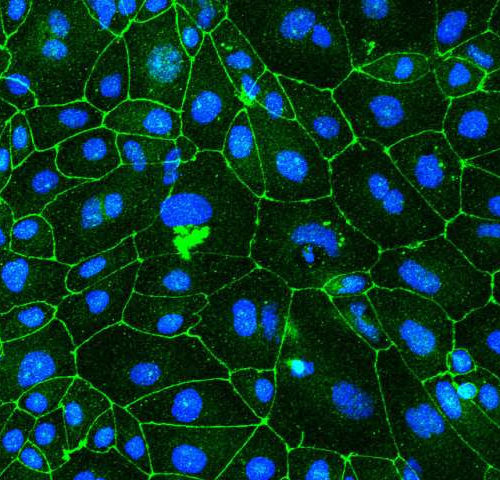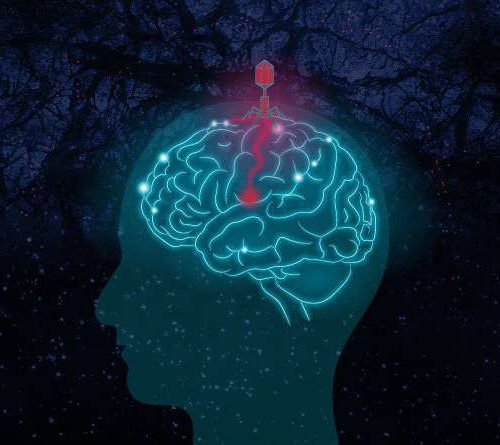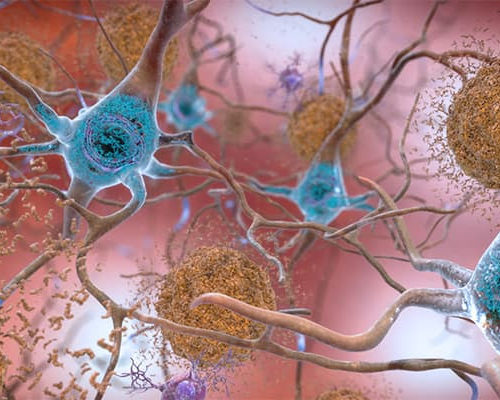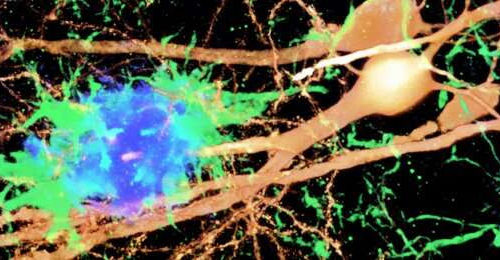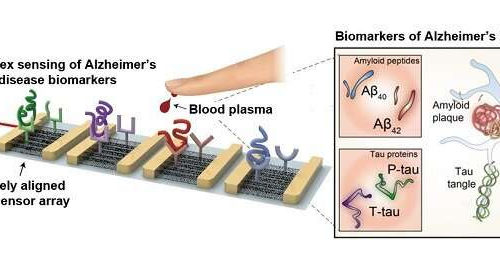by QIMR Berghofer Medical Research Institute A new QIMR Berghofer study has added weight to the potential benefits of using ultrasound treatment to deliver disease-targeting drugs to Alzheimer’s patients. The study is the first to examine the technique on brain cells derived from human patients with Alzheimer’s disease, building on previous research on mice and...
Tag: <span>Alzheimer’s disease</span>
Discovery of new biomarker in blood could lead to early test for Alzheimer’s disease
UNIVERSITY OF CALIFORNIA – SAN DIEGO Researchers at the University of California San Diego discovered that high blood levels of RNA produced by the PHGDH gene could serve as a biomarker for early detection of Alzheimer’s disease. The work could lead to the development of a blood test to identify individuals who will develop the...
Could disease pathogens be the dark matter behind Alzheimer’s disease?
by Richard Harth, Arizona State University For researchers investigating Alzheimer’s Disease (AD), a devastating neurodegenerative illness afflicting close to 6 million Americans, it is the best and worst of times. Scientists have made exponential advances in understanding many aspects of the mysterious disease since it was first diagnosed over 100 years ago. Nevertheless, every effort...
Scientists design new model to further understand causes of Alzheimer’s disease
The Multiplex Model is a new way of looking at Alzheimer’s disease developed by Professor Julie Williams, Dr Rebecca Sims and Dr Matt Hill of the University’s UK Dementia Research Institute (UKDRI) and unveiled in the Journal Nature Neuroscience. The model was produced by looking at all known genetic risk factors to further understanding of...
Connecting interferon, neuroinflammation and synapse loss in Alzheimer’s disease
by Ana María Rodríguez, Ph.D., Baylor College of Medicine When immunologist Dr. Wei Cao joined Baylor College of Medicine three-and-a-half years ago, her first project was to investigate how inflammation contributes to Alzheimer’s disease. “Alzheimer’s is the most common cause of dementia among older adults. The current understanding is that, in addition to having beta-amyloid...
Novel compound is promising drug candidate for Alzheimer’s disease
by Rensselaer Polytechnic Institute A newly identified compound is a promising candidate for inhibiting the production of amyloids, the abnormal proteins that form toxic clumps, called fibrils, inside the brains of patients with Alzheimer’s disease. As published today in the Royal Society of Chemistry’s Chemical Communications, the compound—known as “C1″—uses a novel mechanism to efficiently...
Blood-based multiplexed diagnostic sensor helps to accurately detect Alzheimer’s disease
by The Korea Advanced Institute of Science and Technology (KAIST) A research team at KAIST reported clinically accurate multiplexed electrical biosensor for detecting Alzheimer’s disease by measuring its core biomarkers using densely aligned carbon nanotubes. Alzheimer’s disease is the most prevalent neurodegenerative disorder, affecting one in ten aged over 65 years. Early diagnosis can reduce...
Can lithium halt progression of Alzheimer’s disease?
by McGill University There remains a controversy in scientific circles today regarding the value of lithium therapy in treating Alzheimer’s disease. Much of this stems from the fact that because the information gathered to date has been obtained using a multitude of differential approaches, conditions, formulations, timing and dosages of treatment, results are difficult to...
Alzheimer’s Disease Linked to Exposure to Aluminum
By IOS PRESS A new study published in the Journal of Alzheimer’s Disease (JAD) on January 13, 2020, supports a growing body of research that links human exposure to aluminum with Alzheimer’s disease (AD). Researchers found significant amounts of aluminum content in brain tissue from donors with familial AD. The study also found a high...
New small molecule to treat Alzheimer’s disease and Dravet syndrome
by Gladstone Institutes Gladstone researchers, in collaboration with Genentech, a member of the Roche group, have shown therapeutic efficacy of a new experimental drug in mouse models of Alzheimer’s disease and a rare genetic form of epilepsy known as Dravet syndrome. The small molecule increases the activity of a subset of neurotransmitter (NMDA) receptors that...

